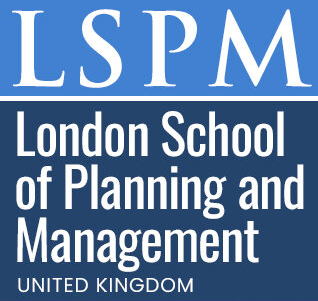Postgraduate Certificate in Organic Hydroponic Farming
-- viewing nowThe Postgraduate Certificate in Organic Hydroponic Farming is a comprehensive course designed to equip learners with essential skills in sustainable farming practices. This course is of utmost importance in today's world, where there is a growing demand for organic produce and a need for sustainable farming methods.
4,813+
Students enrolled
GBP £ 149
GBP £ 215
Save 44% with our special offer
About this course
100% online
Learn from anywhere
Shareable certificate
Add to your LinkedIn profile
2 months to complete
at 2-3 hours a week
Start anytime
No waiting period
Course details
Here are the essential units for a Postgraduate Certificate in Organic Hydroponic Farming:
• Organic Hydroponic Farming Principles: This unit covers the fundamental principles of organic hydroponic farming, including system design, nutrient management, and plant growth regulations. It emphasizes the importance of sustainable and eco-friendly practices to produce organic crops in a soilless environment.
• Organic Hydroponic System Components and Equipment: This unit explores various hydroponic system components, such as pumps, reservoirs, and grow media. Students learn about the different types of hydroponic systems suitable for organic farming, like deep water culture, nutrient film technique, and drip systems.
• Organic Nutrient Management: In this unit, students learn about organic nutrient sources, including compost teas, liquid seaweed, and animal manures. They discover how to maintain optimal nutrient levels for plant growth and ensure compliance with organic farming standards.
• Organic Pest and Disease Management: This unit covers integrated pest and disease management strategies in organic hydroponic farming. Students learn about the use of beneficial insects, botanical pesticides, and other eco-friendly methods to control pests and diseases.
• Crop Selection and Plant Propagation: This unit focuses on selecting suitable crops for organic hydroponic farming and the techniques for plant propagation. Students learn about various hydroponic crops, seed starting, cloning, and asexual reproduction methods.
• Organic Hydroponic Farm Planning and Design: This unit teaches students how to plan and design an organic hydroponic farm, including site selection, layout, and infrastructure. Students learn about the necessary regulations and certifications for operating an organic hydroponic farm.
• Sustainable Water and Energy Management: In this unit, students learn about effective water and energy management practices in organic hydroponic farming. They discover ways to minimize environmental impacts and optimize resource use.
• Organic Hydropon
Career path
Entry requirements
- Basic understanding of the subject matter
- Proficiency in English language
- Computer and internet access
- Basic computer skills
- Dedication to complete the course
No prior formal qualifications required. Course designed for accessibility.
Course status
This course provides practical knowledge and skills for professional development. It is:
- Not accredited by a recognized body
- Not regulated by an authorized institution
- Complementary to formal qualifications
You'll receive a certificate of completion upon successfully finishing the course.
Why people choose us for their career
Loading reviews...
Frequently Asked Questions
Course fee
- 3-4 hours per week
- Early certificate delivery
- Open enrollment - start anytime
- 2-3 hours per week
- Regular certificate delivery
- Open enrollment - start anytime
- Full course access
- Digital certificate
- Course materials
Get course information
Earn a career certificate

